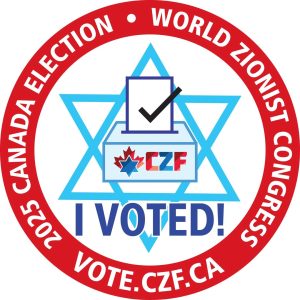In the Guardian, Rhiannon Lucy Cosslett braved the book-hoarding sentimentalists and confessed to her decision to donate or even—gasp—recycle some of her own collection:
“The big book purge began when I decided to go through the shelves and discard any book I was vaguely embarrassed to have in the house, for reasons of quality, subject matter, politics or author (look at your shelves and you probably have your own equivalents).”
For all the years it’s been out there, I have happily sat out bookshelf discourse. Do you arrange your books by theme or colour? Alphabetized or in tall, precarious stacks? Fine with me, not that anyone asked.
And yet here I am, aghast at a perfect stranger’s approach to her own personal book collection. Or, more accurately, at what this perfect stranger is advocating in a newspaper article.
Let me be clear about what the problem is here, because it’s not that Cosslett culls her collection. I don’t think there’s anything wrong with subjecting one’s home library to the occasional KonMari treatment, and am sort of surprised by anyone who does not. Space is finite, and books are physical objects that take up some of it. It’s good for children to grow up surrounded by books, or so they say, but you also want them to be able to make their way to their room without tripping over a pile of assigned university reading their parents could have parted with a decade ago.
And I agree with Cosslett that the thing where people make bookishness their identity and buy all the assorted (non-book) knick-knacks is a bit cringe.
But, aah, why would you cull on the basis of being “vaguely embarrassed” by a book’s presence? I can see chucking (or donating, whatever) a book over “quality.” But “subject matter, politics or author” is where I’m lost. I mean do what you want and all, but why do that?
Cosslett appears to be under the impression that to own a book is to endorse its contents. Endorse, that is, not just as worthy of your time, but as holding opinions you agree with. The sifting she describes involves going through your bookshelves and deciding not just what (per Marie Kondo) sparks joy, but which authors are too problematic for semi-public consumption.
If having a lot of books on display in your home is to be condemned as performative, where does that leave turning your home library into the window of a hyper-progressive bookshop, new titles only need apply? And what does this even signal? A desire to show off how unwilling you are to be confronted with ideas you might disagree with?
Having written a 2017 book that I myself find plenty of fault with, for reasons of “quality, subject matter, politics [and] author,” I have not infrequently considered taking the remaining author copies I have lying around and plopping them in the Little Free Library. (Not the blue bin, I have some pride.) But then a parent-friend was here and saw one and was curious and I was like, you know what? It’s yours.
The CJN’s senior editor Phoebe Maltz Bovy can be reached at [email protected] and on Twitter @bovymaltz
Author

Phoebe is the opinion editor for The Canadian Jewish News and a contributor editor of The CJN's Scribe Quarterly print magazine. She is also a contributor columnist for the Globe and Mail, co-host of the podcast Feminine Chaos with Kat Rosenfield, and the author of the book The Perils of “Privilege”. Her second book, about straight women, will be published with Penguin Random House Canada. Follow her on Bluesky @phoebebovy.bsky.social and X @bovymaltz.
View all posts








